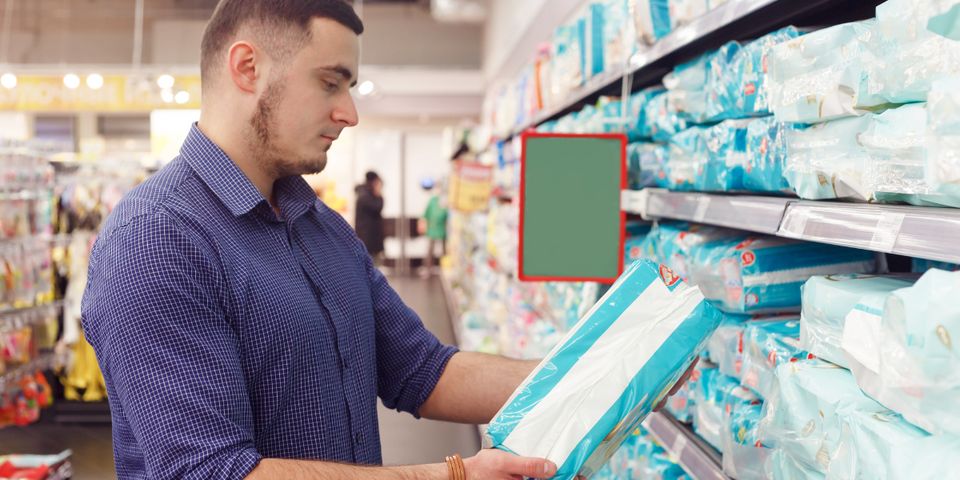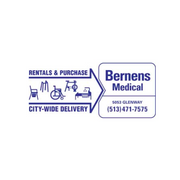
Over 25 million adult Americans experience temporary or chronic urinary incontinence (UI). This condition affects both men and women and involves involuntarily leaking urine. While it's quite common, UI can be an uncomfortable and embarrassing problem. However, it can be managed through lifestyle changes and the assistance of your local pharmacy. Here are frequently asked questions about urinary incontinence.
Commonly Asked Questions About Urinary Incontinence
What causes urinary incontinence?
There are many reasons adults experience urinary incontinence, including pelvic injuries and old age. Some of the most common reasons for women are pregnancy, childbirth, and menopause. Hormonal changes, increased weight, and a weak pelvic floor from delivery are common antecedents.
The most common causes for men are an enlarged prostate, prostate cancer, and urinary tract obstruction—like urinary stones. Temporary UI can be caused by alcohol, carbonation, caffeine, citrus fruits, and large doses of vitamin C, to name a few. It can also be brought on treatable conditions like a urinary tract infection (UTI) or constipation.
What are the different types?

There are four main types of incontinence, but there are people who experience a mixture of more than one type. Urgency incontinence is when you have a sudden, strong, and frequent urge to urinate. Stress incontinence occurs when there is pressure on the bladder from laughing, coughing, sneezing, jumping, or lifting something heavy.
Functional incontinence occurs when a physical or mental condition prevents a person from making it to the restroom in time. Lastly, overflow incontinence refers to the loss of urine that exceeds the bladder's capacity.
Are there other symptoms to look out for?
Walking up from sleep to go to the bathroom or urinating in your sleep are also symptoms of UI. Painful urination is also associated with a UTI and can be a symptom of urinary incontinence.
What can I do to manage it?
Not exceeding 2 liters a day and limiting fluids before bed will help keep your urine output manageable. Pelvic floor strengthening exercises, like kegels, will help your body hold urine more effectively. You can also train your bladder by slowly increasing the amount of time you wait to use the restroom after a sudden urge. Supplies from your local pharmacy, like disposable underwear, a waterproof bed pad, and skin protectant can help you feel more comfortable and confident while you utilize other tools.
Having access to the right prescriptions, medical equipment, and supplies is imperative no matter what age you are. For this reason, residents in Cincinnati, OH, choose Bernens Medical & Pharmacy. Since 1963, this pharmacy has provided a wide selection of products and professional services that keep members of the community healthy and well. Their knowledgeable pharmacists take the time to address any questions or concerns customers may have and strive to make every interaction a positive one. To peruse their full list of helpful services, visit them online. Call (513) 471-7575 to speak with a friendly staff member.
About the Business
Have a question? Ask the experts!
Send your question

